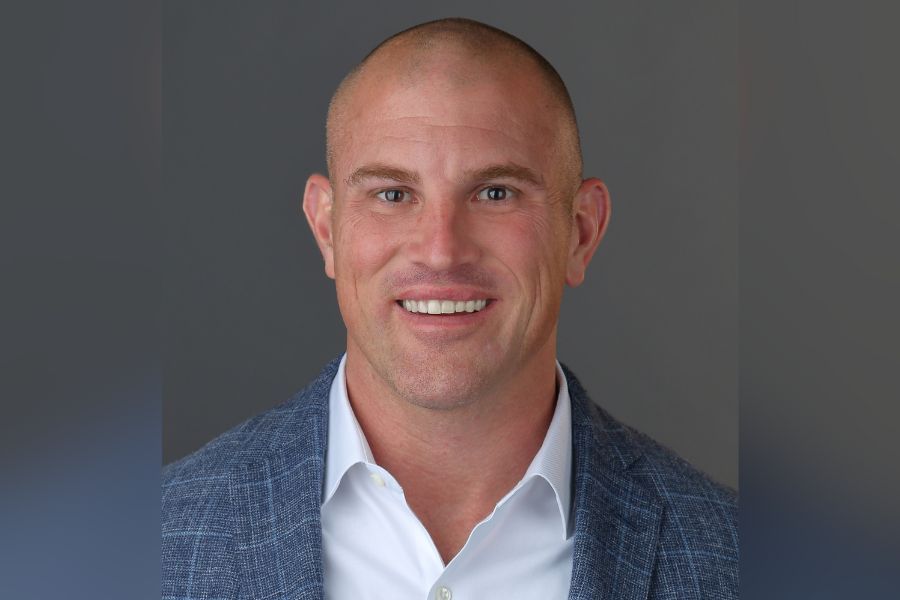SEC’s Piwowar calls for expanding participation in private placements to help ‘forgotten investor’
Michael Piwowar says opening sales of private placements to ordinary investors would boost returns, portfolio diversification
Acting Securities and Exchange Commissioner Michael Piwowar called for allowing ordinary investors to buy unregistered securities, a step that would allow the agency to address the “forgotten investor” who he said is often overlooked by its regulations.
In a speech Friday at a Practising Law Institute conference in Washington, Mr. Piwowar said that the restrictions on who can participate in private placements — annual income of $200,000 or more or net worth of more than $1 million excluding home value — limits the returns and porfolio diversification of investors who are not defined as “accredited.”
“In my view, there is a glaring need to move beyond the artificial distinction between ‘accredited’ and ‘non-accredited’ investors,” Mr. Piwowar said. “I question the notion that non-accredited investors are truly protected by regulations that prevent them from investing in high-risk, high-return securities available only to the Davos jet-set.”
The SEC has been mulling expanding the accredited investor standard so that smaller investors can buy stock in private start-up companies and take part in other investment offerings that aren’t registered with the agency. The Dodd-Frank financial reform law requires the agency to review the defintion peridocially. Legislation passed the House last year that would open private-placement sales to more investors, including those who have securities licenses.
Democratizing the sale of unregistered securities also can make investors with less financial werewithal vulnerable to losing money on the often risky ventures. The SEC Investor Advisory Committee, which was established to represent retail investors, has recommended refining the definition coupled with investor protections.
In remarks sprinkled with references to the early 20th century Yale sociologist William Graham Sumner as well as renowned Supreme Court Justice Louis Brandeis, Mr. Piwowar asserted that “the forgotten investor has suffered in a number of contexts over the years.”
He used the accredited-investor definition as an example of how the agency has “forgotten…and disadvantaged a set of investors.”
“Prohibiting non-accredited investors from investing in high-risk securities amounts to a blanket prohibition on their earning the very highest expected returns,” Mr. Piwowar said. “[E]ven a well-intentioned policy of investor protection can do more harm than good, for instance, by exacerbating inequalities of wealth and opportunity.”
Mr. Piwowar’s desire to level the playing field among investors won’t help those with modest assets he’s targeting, said Barbara Roper, director of investor protection at the Consumer Federation of America.
“If expanding the accredited investor definition is chairman Piwowar’s idea of an issue that would benefit the forgotten investor, he is sadly out of touch with the needs to working families who are struggling to set aside enough money for a secure and independent retirement,” Ms. Roper, a member of the SEC Investor Advisory Committee, wrote in an email. “They aren’t looking to speculate in private offerings of early-stage start-up companies, a large percentage of which will fail.”
Mr. Piwowar, a Republican, will not likely have a chance to change the definition of an accredited investor while he heads the agency. At the moment, only he and Democratic commissioner Kara Stein serve on what is a five-member panel when it is at full strength.
President Donald Trump’s administration has tapped securities lawyer Jay Clayton for SEC chairman. The Senate Banking Committee has not yet held a hearing on Mr. Clayton’s nomination. Mr. Trump has not selected nominees for the other two open SEC positions.
Learn more about reprints and licensing for this article.








